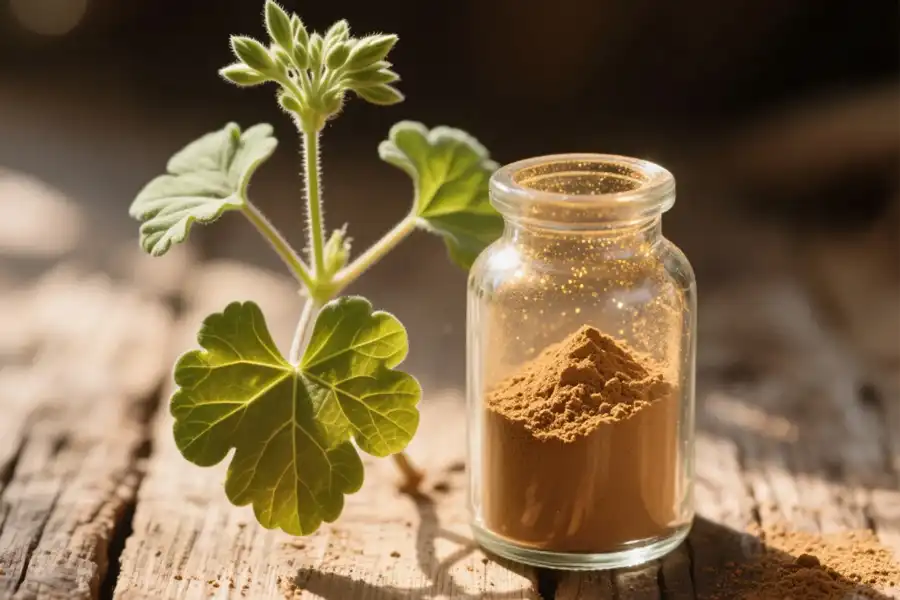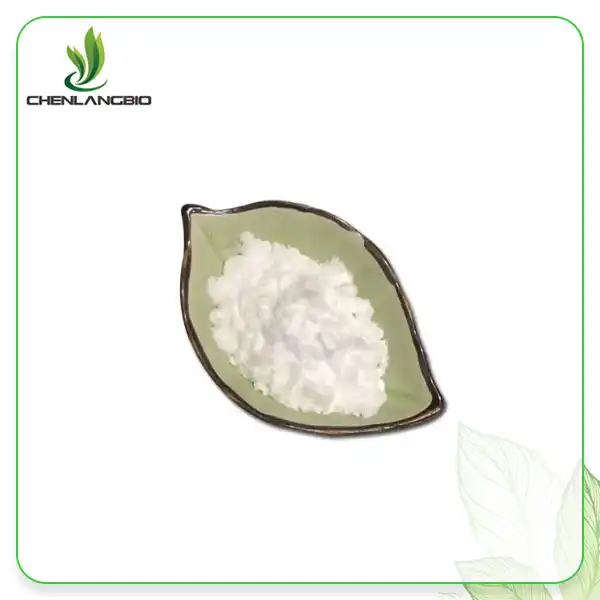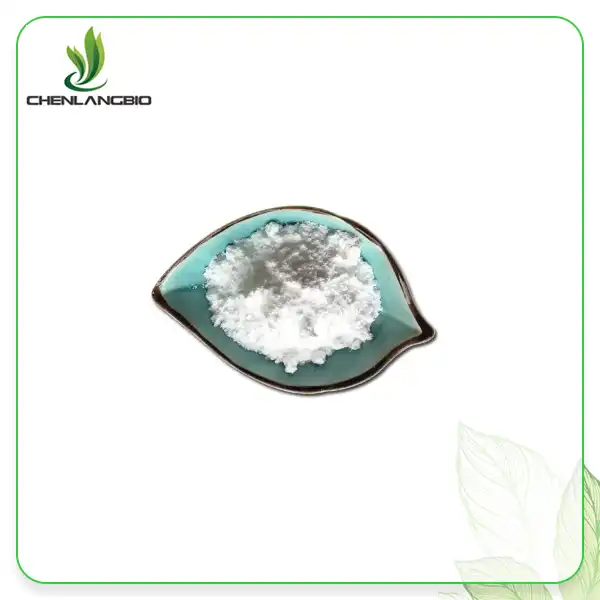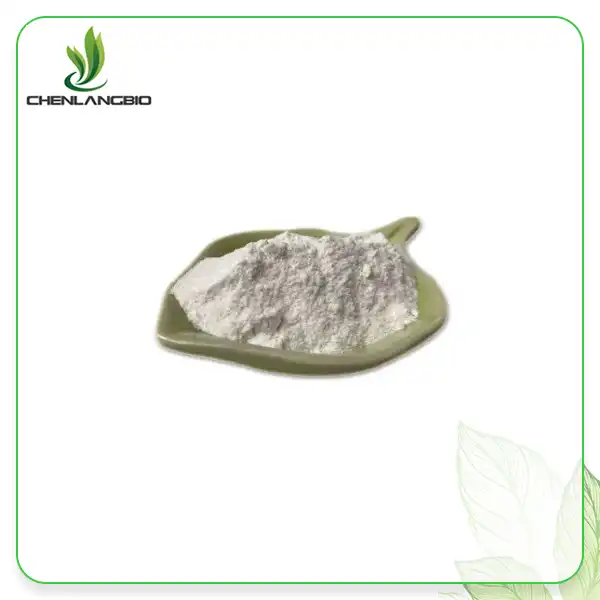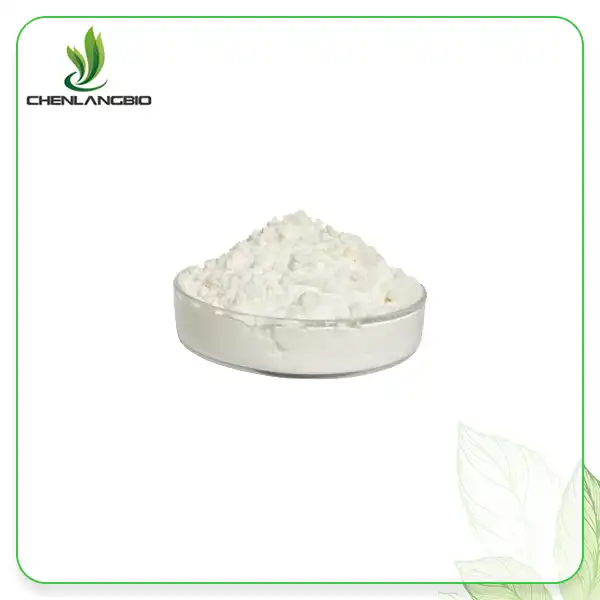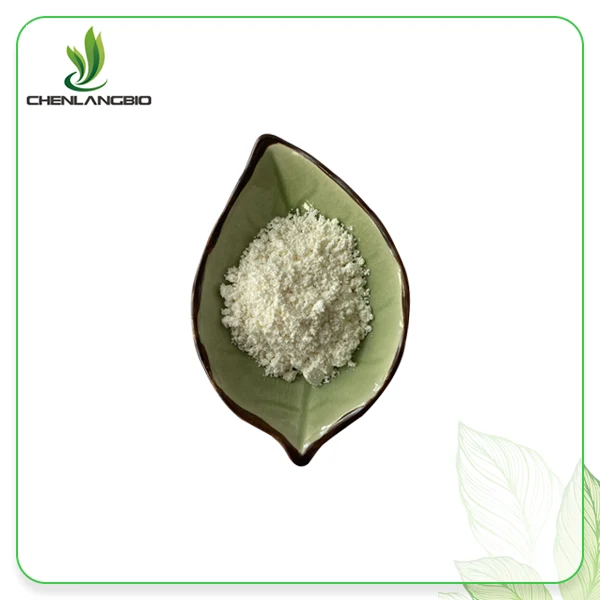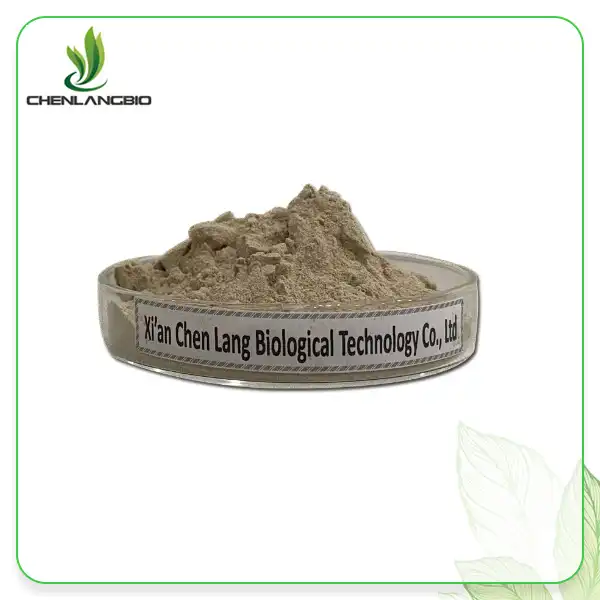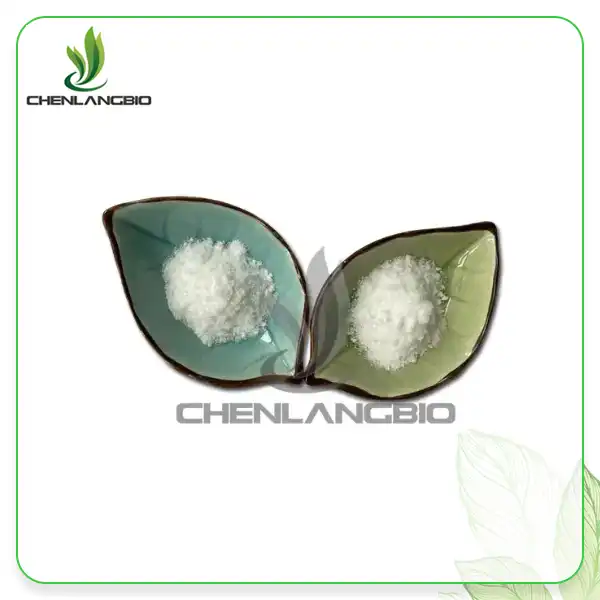Pelargonium Sidoides: A Natural Remedy for Colds
2025-05-20 18:03:27
As the seasons change and temperatures fluctuate, many of us find ourselves battling the common cold. While conventional medicines have their place, there's a growing interest in natural remedies that can help alleviate symptoms and boost our immune systems. One such remedy that has gained attention in recent years is Pelargonium sidoides, a plant native to South Africa with a long history of traditional use. Pelargonium sidoides extract, also known as African geranium or Umckaloabo, has been used for centuries by indigenous peoples to treat respiratory ailments. Today, it's gaining recognition in the scientific community for its potential in treating colds, bronchitis, and other upper respiratory tract infections. Let's delve deeper into this fascinating plant and explore its benefits as a natural cold remedy.
What Makes Pelargonium Sidoides Effective for Colds?
Pelargonium sidoides extract has several properties that make it a potent ally against the common cold:
- Immunomodulatory Effects: The extract has been shown to stimulate the body's natural defense mechanisms. It enhances the activity of natural killer cells, which are crucial in fighting off viral infections.
- Antiviral Properties: Studies have demonstrated that Pelargonium sidoides can inhibit the replication of several viruses, including those responsible for the common cold.
- Anti-inflammatory Action: The extract helps reduce inflammation in the respiratory tract, which can alleviate symptoms like congestion and sore throat.
- Mucolytic Effects: Pelargonium sidoides can help thin and loosen mucus, making it easier to expel and relieving congestion.
These multifaceted actions work synergistically to not only combat the cold virus but also to alleviate symptoms and support the body's healing process. The extract's ability to modulate the immune system is particularly noteworthy, as it helps the body mount a more effective response against the invading pathogens. Moreover, Pelargonium sidoides contains a unique combination of polyphenols, including umckalin and gallic acid. These compounds contribute to its antioxidant properties, which can help protect cells from oxidative stress and support overall health during illness.
Comparing Pelargonium Sidoides with Other Natural Remedies
While Pelargonium sidoides is a promising natural remedy for colds, it's not the only option available. Let's compare it with some other popular natural remedies:
- Echinacea: Like Pelargonium sidoides, Echinacea is known for its immune-boosting properties. However, research on Echinacea's effectiveness for colds has been mixed, while studies on Pelargonium sidoides have generally shown more consistent positive results.
- Vitamin C: While Vitamin C is crucial for immune function, high doses have not been conclusively proven to prevent or treat colds. Pelargonium sidoides, on the other hand, has shown effectiveness in reducing the duration and severity of cold symptoms.
- Zinc: Zinc lozenges may help reduce the duration of colds when taken early. However, they can cause side effects like nausea. Pelargonium sidoides is generally well-tolerated and doesn't typically cause these side effects.
- Elderberry: Elderberry has shown promise in fighting influenza, but less research has been done on its effects on the common cold. Pelargonium sidoides has been more extensively studied for cold treatment.
While each of these remedies has its merits, Pelargonium sidoides stands out for its multifaceted approach to fighting colds. It doesn't just boost the immune system or alleviate symptoms; it also has direct antiviral effects and helps modulate the body's inflammatory response. Furthermore, pelargonium sidoides extract has been the subject of numerous clinical trials, providing a stronger evidence base for its use compared to some other natural remedies. Its effectiveness has been demonstrated in both adults and children, making it a versatile option for families seeking natural cold treatments.
How to Safely Use Pelargonium Sidoides Extract?
While Pelargonium sidoides extract is generally considered safe, it's important to use it correctly to maximize its benefits and minimize any potential risks:
- Dosage: The appropriate dosage can vary depending on the form of the extract and the individual's age and health status. Always follow the instructions on the product label or consult with a healthcare professional.
- Duration: Pelargonium sidoides is typically used for acute treatment of colds, usually for 7-10 days. Extended use should be under medical supervision.
- Form: The extract is available in various forms, including liquid tinctures, tablets, and syrups. Choose the form that's most convenient and palatable for you.
- Quality: Look for products that are standardized to contain a specific amount of active compounds. This ensures consistency in potency and effectiveness.
- Interactions: While Pelargonium sidoides has few known drug interactions, it's always wise to consult with a healthcare provider before starting any new supplement, especially if you're taking other medications.
It's worth noting that while Pelargonium sidoides can be effective in treating colds, it's not a substitute for proper hygiene and preventive measures. Regular handwashing, maintaining a healthy lifestyle, and getting adequate sleep are all crucial in preventing colds and supporting overall immune health. For individuals with autoimmune conditions, it's particularly important to consult with a healthcare provider before using Pelargonium sidoides, as its immune-stimulating effects could potentially exacerbate these conditions.
Conclusion
In conclusion, pelargonium sidoides extract offers a promising natural approach to managing colds. Its multifaceted actions, including immune modulation, antiviral effects, and symptom relief, make it a valuable tool in our natural health arsenal. As with any supplement, it's important to use it responsibly and in conjunction with a healthy lifestyle for optimal results. Remember, while natural remedies can be effective, they're not a substitute for medical care. If your symptoms are severe or persist for an extended period, it's important to seek professional medical advice. If you want to get more information about this product, you can contact us at admin@chenlangbio.com.
References
1. Brendler T, van Wyk BE. A historical, scientific and commercial perspective on the medicinal use of Pelargonium sidoides (Geraniaceae). J Ethnopharmacol. 2008.
2. Timmer A, Günther J, Rücker G, Motschall E, Antes G, Kern WV. Pelargonium sidoides extract for acute respiratory tract infections. Cochrane Database Syst Rev. 2013.
3. Matthys H, Köhler S, Kamin W. Safety and tolerability of EPs 7630 in clinical trials. Adv Pharmacoepidemiol Drug Saf. 2013.
4. Kolodziej H. Antimicrobial, antiviral and immunomodulatory activity studies of Pelargonium sidoides (EPs® 7630) in the context of health promotion. Pharmaceuticals (Basel). 2011.
5. Agbabiaka TB, Guo R, Ernst E. Pelargonium sidoides for acute bronchitis: a systematic review and meta-analysis. Phytomedicine. 2008.
6. Moyo M, Van Staden J. Medicinal properties and conservation of Pelargonium sidoides DC. J Ethnopharmacol. 2014.
Send Inquiry
Related Industry Knowledge
- 5 Reasons Cosmetic Brands Choose Piroctone Olamine Powder in 2025
- Why Is Hydrolyzed Keratin Popular in Premium Hair Products?
- What Are the Top Industrial Applications of Indole-3-methanol in 2025?
- Podophyllin Powder: Uses in Modern Medicine
- What is the Dosage for Nitenpyram
- What is Ectoine in Eye Drops
- What Are the Do's and Don'ts of Bakuchiol
- Who Should Not Take Alpha-GPC
- Is Dimethylmethoxy Chromanol Safe for Skin
- Is it Safe to use Hyaluronic Acid Powder Cosmetic Grade Every Day

